ITOPF presented earlier this year at INTERSPILL conference a poster which depicts the trends in oil spills from tankers over the past ten years (2005-2014)
ITOPF maintains a database of recorded oil spills from tankers, combined carriers and barges. This contains information on accidental spillages since 1970, except those resulting from acts of war.
Information is gathered from a wide variety of sources, including published material, such as the shipping press and other specialist publications, vessel owners and their insurers, and from ITOPF’s own activities on site at incidents.
Whilst it is useful to observe the long term trends since 1970, it may also be beneficial to analyse more recent data for shorter term trends. ITOPF analysed the period 2005 to 2014, making comparisons between the first five year period 2005-2009 and the second five year period 2010-2014.
• number of spills
• quanti ty of oil spilled
• types of oil spilled
• operati ons of tankers and causes of spills
• locati ons of spills
Key issues
● Notable trends can be seen when comparing data in the five year periods 2005-2009 and 2010-2014. ITOPF observed that the number of spills and the quantity spilled from oil tankers has more than halved in this ten year period.
● The majority of spills from tankers are of persistent oil cargo but the frequency of these spills has more than halved in this ten year period.
● The main causes of spills over the past ten years have been allisions, collisions and groundings. The majority of incidents occurred whilst vessels were underway.
● ITOPF have recorded 107 spills, seven tonnes and over, in 39 countries between 2005 and 2014. One additi onal incident occurred in high seas.
● The countries experiencing the highest number of spills (10 and over) in this ten year period are China, USA and Vietnam. However, a large proporti on of these occurred before 2010 and since then, the number of spills in these countries has reduced by at least half.
The following poster presents the results of an analysis of various aspects of incident information for tanker spills seven tonnes and over within the past ten years (2005-2014).
Click on image for a larger view
In the starting, I was frank with you propecia before and after has changed my life. It has become much more fun, and now I have to run. Just as it is incredible to sit.








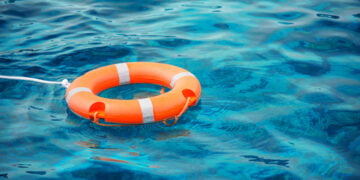







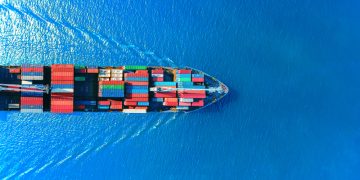






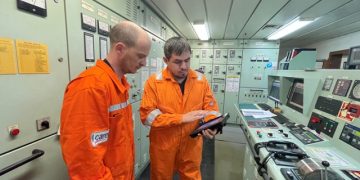


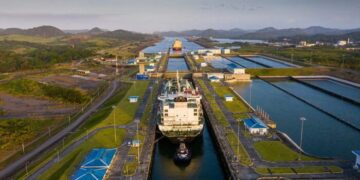
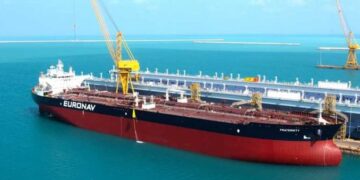








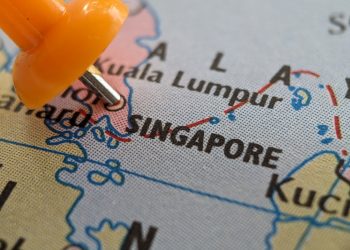
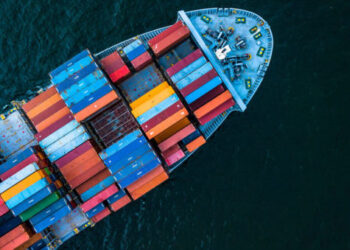


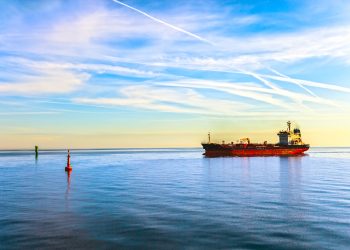
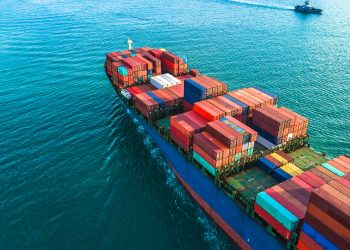






















While the news from ITOPF is encouraging i.e. the volume of oil being spilled and number of incidents is down the fact remains that over the past 40 – 50 years recovery statistics have not improved from an average of 10 – 15% in spite of billions of dollars having been spent on exercises, mapping, sensing, equipment, etc. Their is a fundamental problem with the global oil spill response industry and the lack of improved performance and measurable performance criteria for OSROs. Increased reliance upon disposal technologies such as in-situ burning and dispersants is testimony to how poor mechanical recovery of spilled oil is. The primary problem with oil spill response is the inability to arrive at the spill site with sufficient recovery equipment in a timely manner; before the slick spreads to unmanageable proportions. According to the US Office of Technology Assessment in their report to the US Congress in March 1990, one-year after the Exxon Valdez, an oil spill will spread six square miles within the first twelve hours with very little wind or current assistance. This means that oil spills anywhere in the world are unmanageable within hours of notification of the incident and this is borne out by the same lousy recovery statistics since the Valdez. The spill response industry pretends that it knows how to clean-up oil spills when in fact the exact opposite is true and the response industry goes through cosmetic motions, knowing that the outcome is a foregone conclusion. In an ITOPF paper presented at the 2003 International Oil Spill Conference in Savannah, Georgia, USA they admit that relative to the cost of the amount of oil recovered response operations are not very effective. Again, this was substantiated by the dismal results from the Macondo spill in 2010, when 44K personnel and 6K skimmers were able to recover only 3% of the 200-million gallons released from the well. Alternatives are available but the industry continues to make excuses and enable the OSROs. I am more than pleased to discuss this with you at your convenience. Regards, JSB